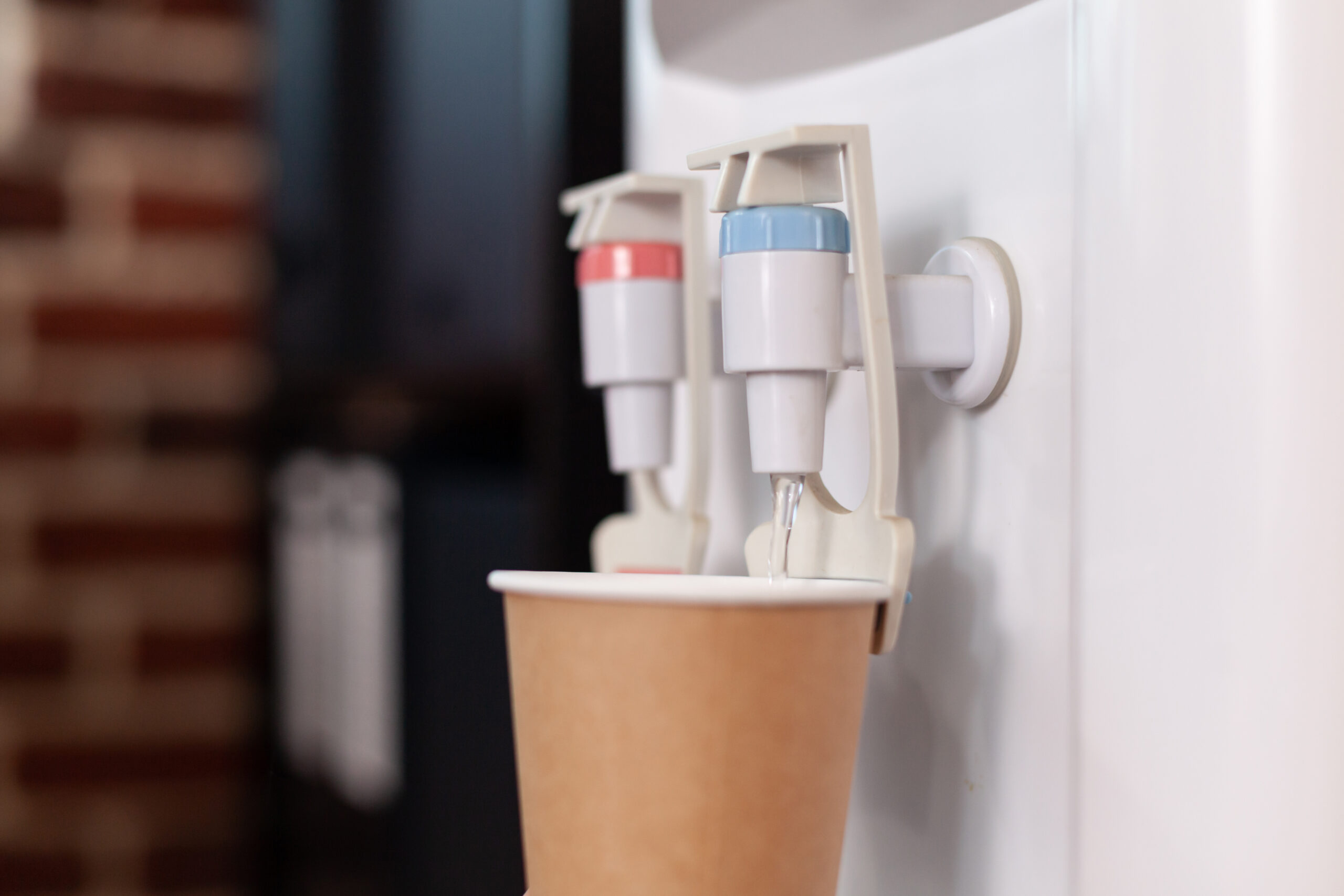Water dispensers in Malaysia are a convenient addition to any home or office, providing instant access to clean, refreshing water. However, there’s often a debate about whether turning off your water dispenser at night can save electricity and reduce energy costs. Let’s explore this topic to understand whether it’s beneficial to switch off your water dispenser overnight.
Understanding How Water Dispensers Work
Functionality: Water dispensers come in various types, including bottled water dispensers and point-of-use (POU) systems. They typically operate by cooling or heating water stored in a reservoir, ready for dispensing at desired temperatures.
Energy Consumption: The electricity consumption of a water dispenser varies depending on its type and features. Cooling systems in bottled water dispensers and POU systems with cooling functions consume electricity to maintain water at a chilled temperature. Heating functions in dispensers that provide hot water also contribute to energy consumption.
Debunking the Myth: Turning Off vs. Continuous Operation
Energy Efficiency: Modern water dispensers, especially those with Energy Star ratings, are designed to operate efficiently. They often include features like energy-saving modes or timers to optimize energy use. In some cases, continuously running a water dispenser at a stable temperature may be more energy-efficient than repeatedly cooling or heating the water throughout the day.
Considerations:
- Standby Power: Some water dispensers consume minimal electricity in standby mode, even when not actively dispensing water. Turning off and on repeatedly may not significantly reduce energy consumption if the standby power draw is low.
- Temperature Stability: Rapidly cooling or heating water multiple times a day can lead to increased energy use compared to maintaining a stable temperature setting.
Practical Tips for Energy Efficiency
Optimal Settings: Set your water dispenser to an energy-efficient temperature range suitable for your household needs. For instance, adjust the hot water temperature to avoid unnecessary heating when not in use.
Energy-Saving Features: Utilize any energy-saving features provided by your water dispenser, such as timers or eco modes, to minimize electricity consumption during periods of low usage.
Conclusion: Is Turning Off Worth It?
Assessment: While turning off your water dispenser at night may seem like a way to save electricity, the actual energy savings can be minimal. Modern water dispensers are designed to operate efficiently, and their standby power consumption is often negligible. Instead of turning off your dispenser, focus on optimizing its settings and using energy-saving features to reduce overall energy consumption effectively.
Final Verdict: Unless your water dispenser lacks energy-saving features or is unusually power-hungry in standby mode, turning it off at night may not yield significant electricity savings. Prioritize efficient use and maintenance of your dispenser to ensure both convenience and energy conservation.


